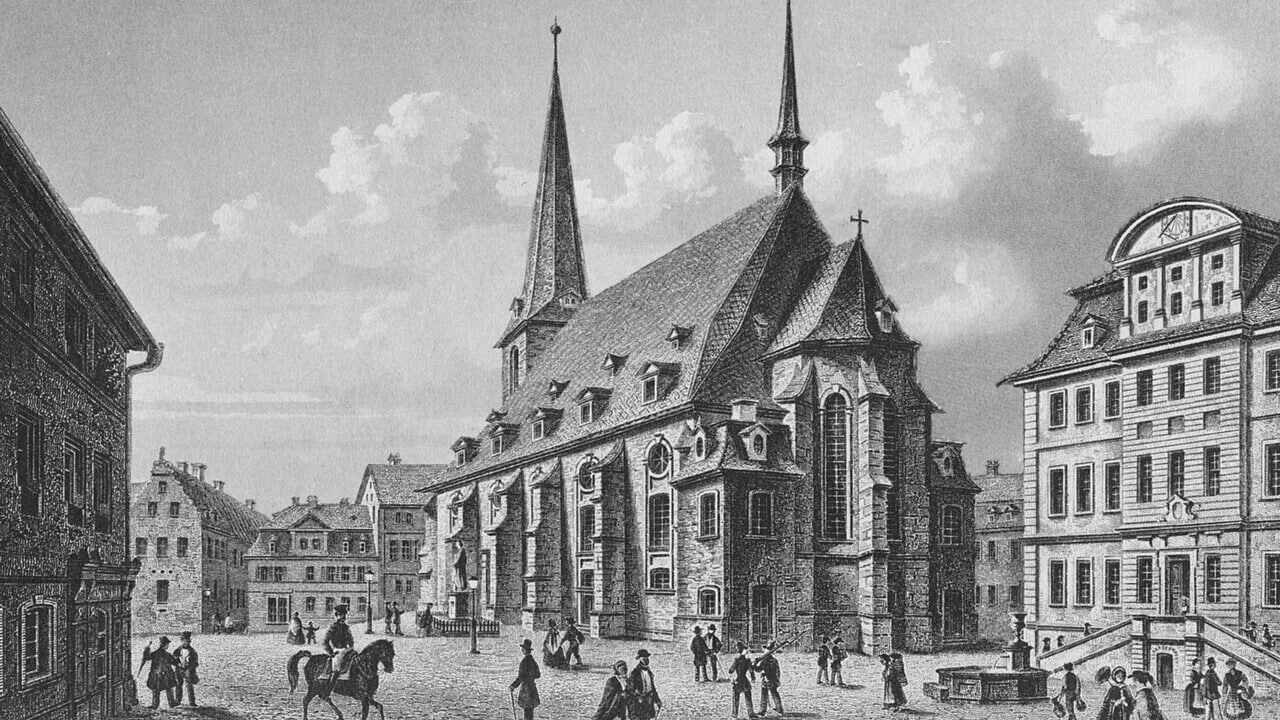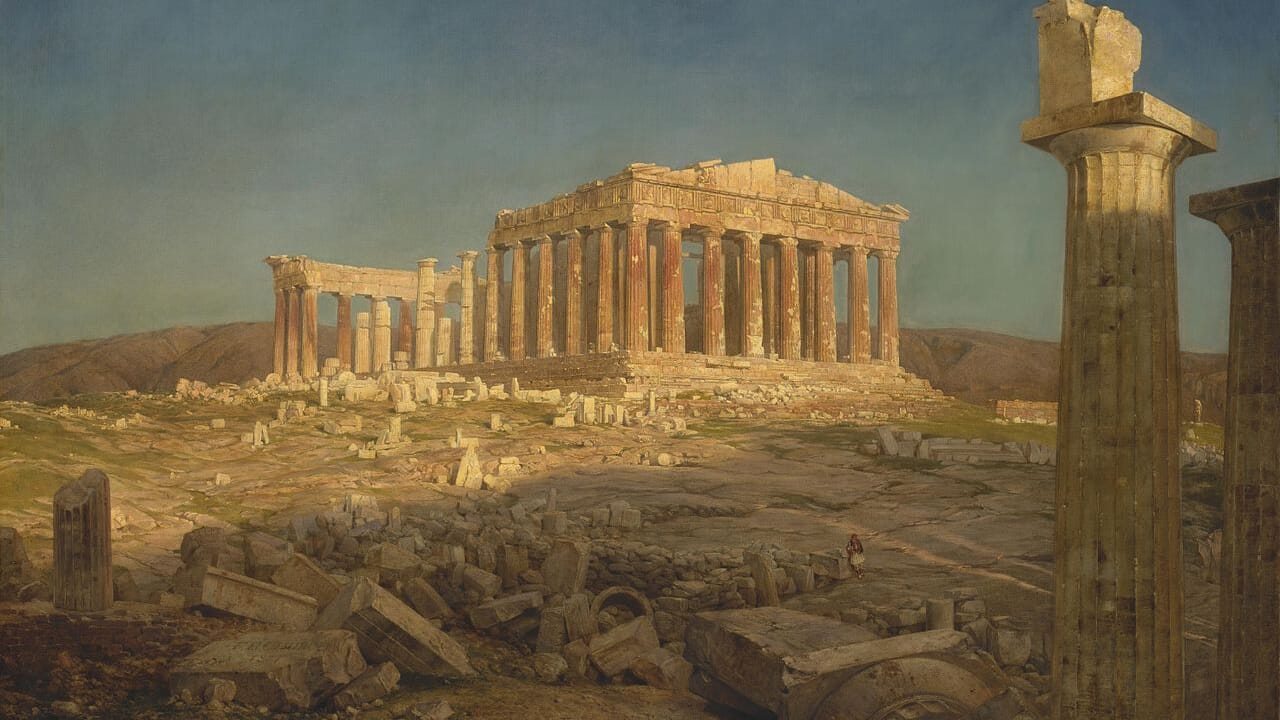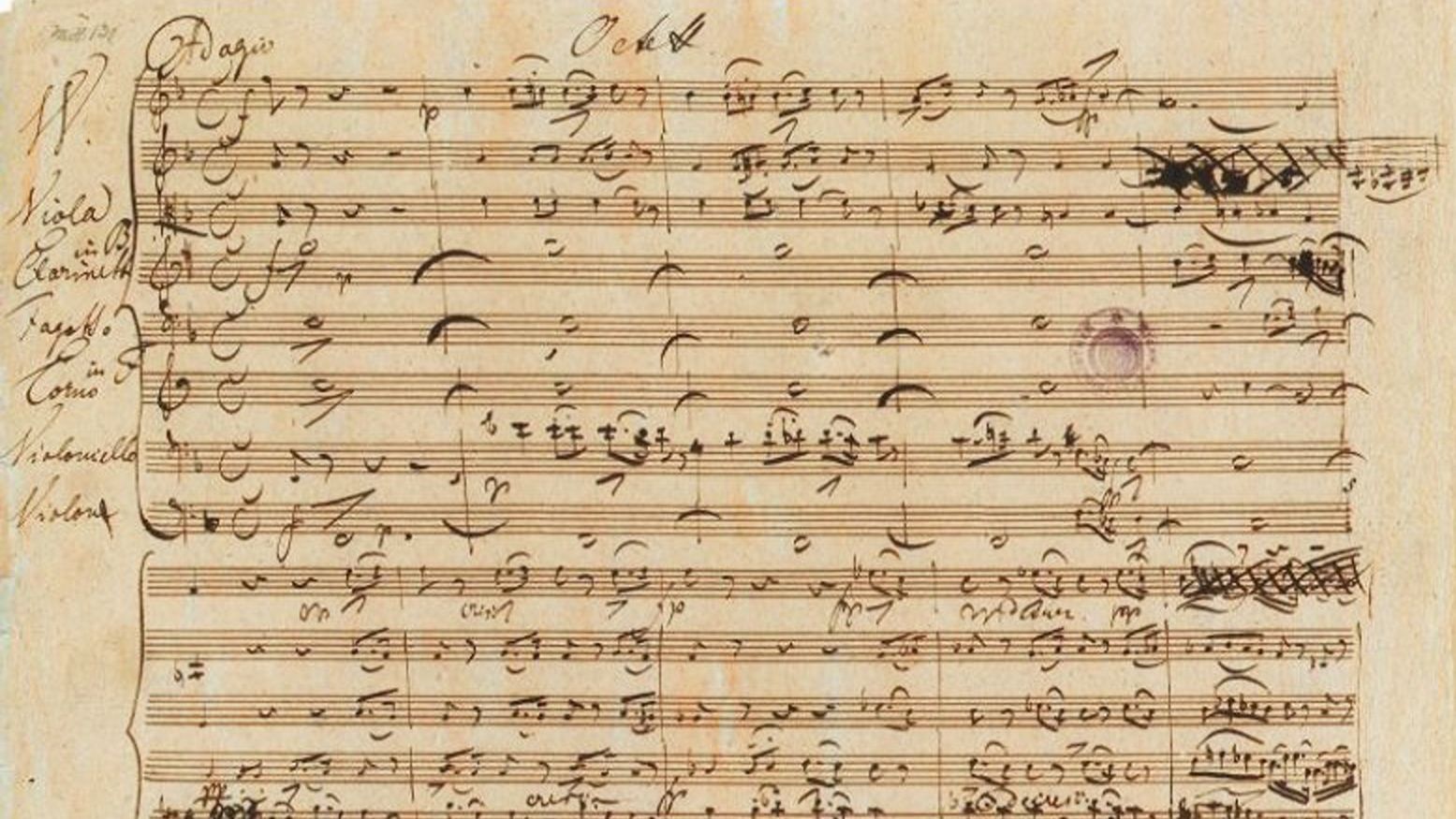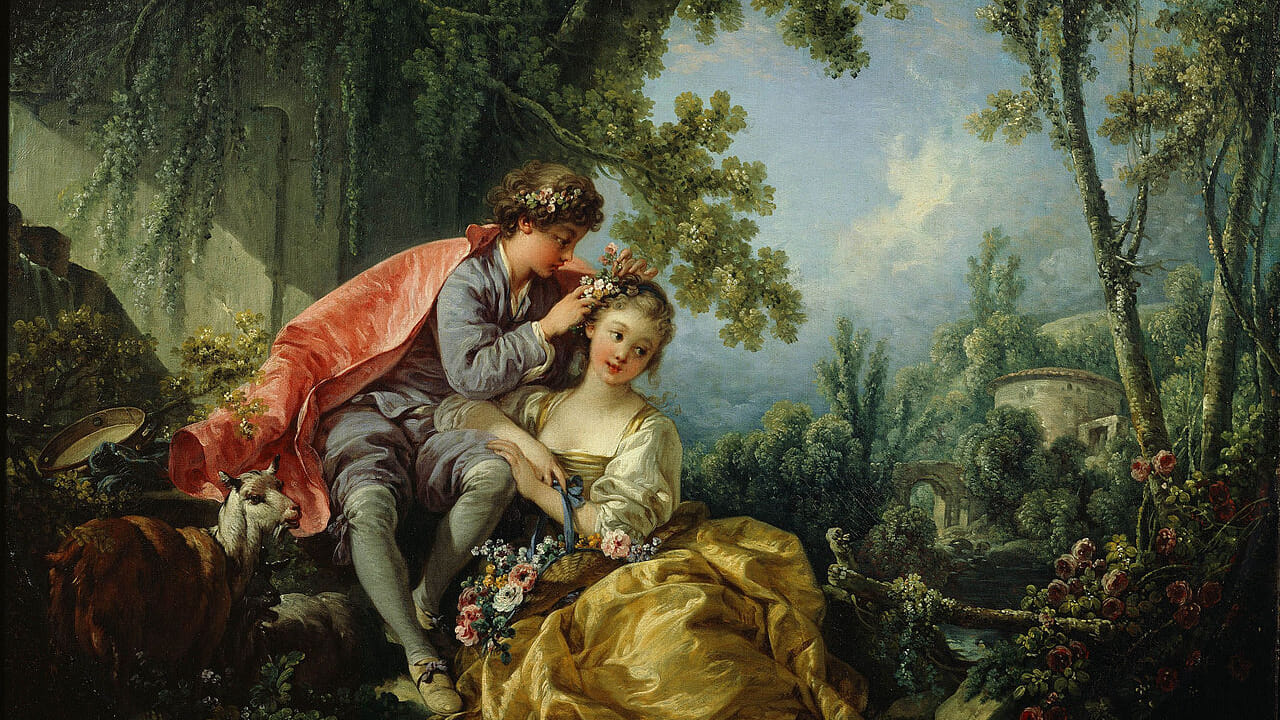Berlioz’ “Béatrice et Bénédict”: Four Excerpts from the Comic Opera
Beatrice and Benedict, the principal characters of Hector Berlioz’s 1862 comic opera of the same name, quarrel, hurl taunts and insults at one other, and then fall in love. Berlioz described the two-act opera, based on Shakespeare’s Much Ado About Nothing, as “a caprice written with the point of a needle.” It was his final completed work. Biographer David Cairns observes that “listening to the score’s exuberant gaiety, only momentarily touched by sadness, …






